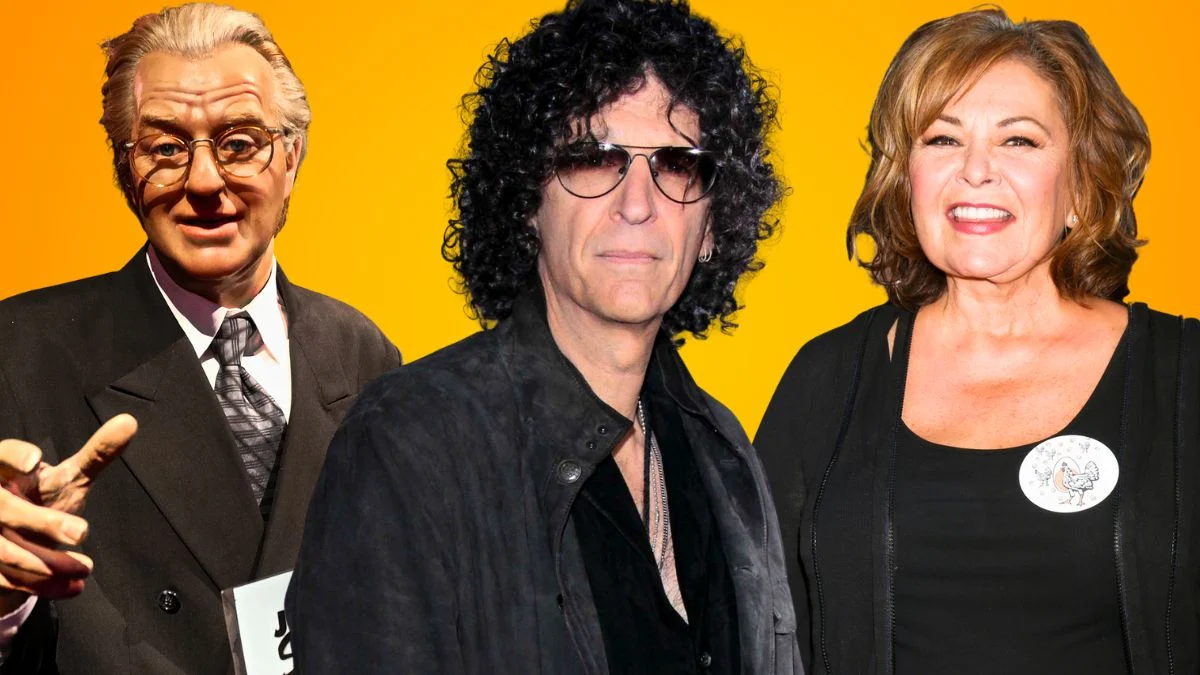
For many years, Howard Stern’s radio show has been a significant influence on popular culture due to its bold humor, blunt celebrity interviews. However, there have been rumors that ‘The Howard Stern Show’ might cease broadcasting on SiriusXM as his $100 million contract approaches its expiration, with sources suggesting financial disputes and his vocal political opinions as possible reasons. If this were to happen, it could signify a change in the radio industry, where shows with provocative content frequently grapple with satisfying their audience’s evolving tastes while remaining controversial.
Numerous talk shows, ranging from provocative radio personalities to late-night comedians, have been terminated due to controversy, dwindling audience numbers, or financial constraints. These cancellations are frequently the result of inappropriate comments, political criticism, or an inability to align with contemporary societal norms. This article delves into the reasons behind the demise of shows such as ‘The Howard Stern Show’ and others that caused controversy, shedding light on the factors that led to their eventual cancellation.
The Howard Stern Show (2006–present)

Since transitioning to SiriusXM in 2006, ‘The Howard Stern Show’ has continued to dominate the radio landscape, captivating millions with its bold humor and insightful interviews. As Howard Stern evolved from shock jock tactics towards more reflective material, he also became vocal about political figures such as Donald Trump, a move that has divided his fanbase. Some admire this evolution in Stern’s content, while others believe he has softened too much.
New information suggests that SiriusXM might not extend Howard Stern’s $100 million annual contract due to cost-saving measures and a focus on younger talent such as podcasters. The speculation about his retirement has grown with his recent interview with Kamala Harris, fewer live shows often broadcast from home, leaving his team of nearly 100 people taken aback and listeners discussing the show’s future impact.
The Jerry Springer Show (1991–2018)

The Jerry Springer Show was well-known for its disorderly episodes filled with physical fights, extraordinary confessions, and contentious subjects. Over a span of 27 years, it found success by relying on shocking content, yet it frequently faced criticism for taking advantage of guests and promoting sensationalism. This approach gradually distanced some viewers due to such questionable practices.
The program concluded in 2018 because Springer’s contract wasn’t extended, as networks started favoring less contentious programming. Lower ratings and a trend of moving away from sensationalistic TV shows also played a part, yet Springer later transitioned to a courtroom show titled ‘Judge Jerry’.
The Morton Downey Jr. Show (1987–1989)
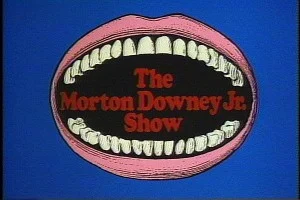
The ‘Morton Downey Jr. Show’ was a brief yet fiery talk show, famous for its host’s combative demeanor and controversial discussions on race, politics, and social matters. Downey’s direct and sometimes shouting manner towards guests and audiences earned him recognition as a trailblazer in confrontational television, but it also drew criticism for inciting animosity.
After two years, the show was discontinued because it had poor viewership ratings and advertisers withdrew their support, as the show’s edgy nature proved unsustainable. The sponsors became increasingly apprehensive due to Downey’s unpredictable conduct, including a contrived incident where he alleged being assaulted, which significantly undermined the show’s credibility.
The Chevy Chase Show (1993)
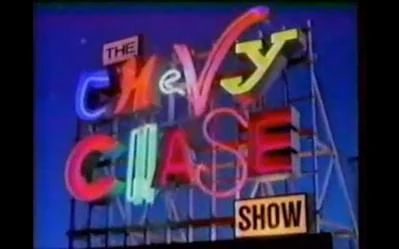
In my opinion, ‘The Chevy Chase Show’ was an attempt to challenge the mighty ‘The Tonight Show’, but it ended up being a five-week fiasco instead. My role in this production saw me stumbling as a host, with interviews that made audiences cringe and jokes that didn’t resonate. The charm I exuded on the big screen seemed to vanish, leaving only harsh criticism and disillusioned viewers who yearned for the movie-star magic they expected from me.
As a devoted film enthusiast reflecting on television history, I can’t help but reminisce about the short-lived talk show starring Ed McMahon and Tom Arnold, called “The Late Show.” Sadly, in 1993, the network had to make the difficult decision to cancel it due to disappointing audience ratings and unfavorable criticism. Even its charismatic host, Chase, acknowledged that he was ill-equipped for the unique demands of a talk show format. This unfortunate turn of events served as a stark reminder of the risks involved when relying heavily on star power without a solid foundation of hosting skills.
The Roseanne Show (1998-1998)
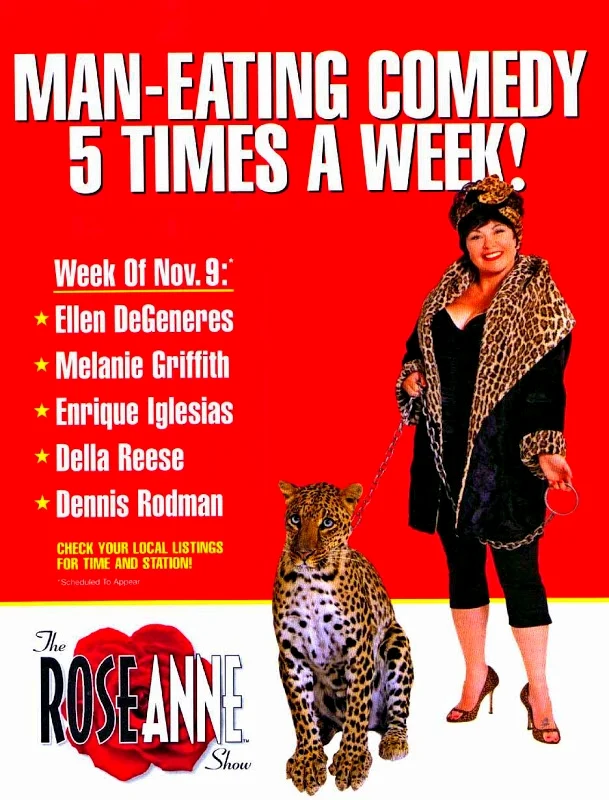
The Roseanne Barr Show introduced the comedian’s bold humor onto daytime television, however, its blend of celebrity interviews and edgy skits generated controversy. Barr’s forthright personality, particularly her comments on political and social matters, frequently eclipsed the show’s more humorous segments, resulting in a divided response from viewers.
The show faced an early termination, lasting only two seasons, primarily due to poor viewership and network worries about its divisive subject matter. Consistently attracting a large audience proved elusive for the program. The troubles that eventually led to the demise of the talk show were mirrored in Roseanne Barr’s later scandals, such as her 2018 Twitter controversy.
The Arsenio Hall Show (1989–1994, 2013–2014)
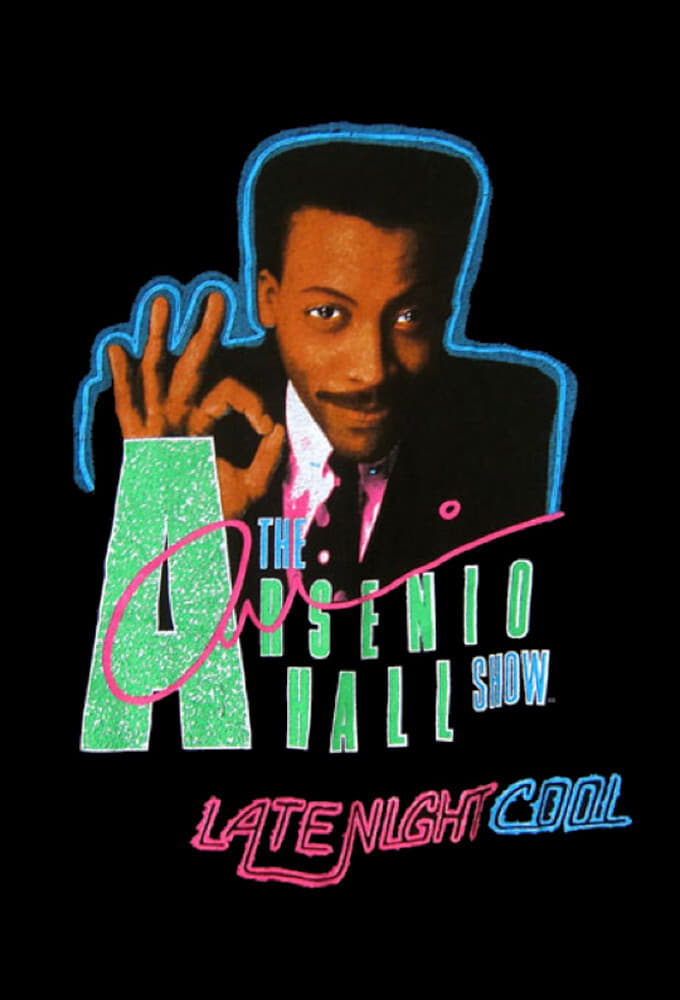
‘The Arsenio Hall Show’ pioneered as a late-night venue for Black artists and urban culture, however, its early broadcasts encountered criticism due to Arsenio Hall’s management of contentious guests such as Louis Farrakhan. The show’s bold atmosphere and political undercurrent occasionally conflicted with network standards.
As a devoted movie enthusiast reminiscing about the past, let me share with you an intriguing tale. Back in the ’90s, I was excited for a late-night talk show that had a promising beginning. However, it met its unfortunate end in 1994 due to dwindling viewership and fierce competition from The Tonight Show.
Fast forward to 2013, there was a revival attempt, but sadly, it ran for just one season. During this period, the show’s host, [Hall], found it challenging to rekindle the initial spark in an increasingly congested late-night TV landscape.
The Wanda Sykes Show (2009–2010)

The show titled ‘The Wanda Sykes Show’ delivered biting humor and insightful social critique, however, its daring discussions on race, politics, and sexuality stirred controversy among conservative spectators. Some found Sykes’ uncompromising approach appealing, while others deemed it too polarizing for the general public.
The series was ended after just one run because of poor viewership numbers and financial worries. With the network moving towards more conservative, less controversial content, Sykes’ bold humor found no suitable platform, but she flourished in alternative avenues instead.
The Pat Sajak Show (1989–1990)

On ‘The Pat Sajak Show,’ the ‘Wheel of Fortune’ host stepped into late-night television, yet his more reserved approach found it tough to keep pace with its flashier counterparts. Highly debated instances, such as a tense conversation with Rush Limbaugh, highlighted Sajak’s challenges in navigating sensitive subjects.
The show on CBS was cancelled after 15 months because it had low viewership and didn’t have any memorable highlights. However, Pat Sajak’s comeback in game shows showed that his talents were better suited elsewhere, as the talk show genre required a more sharp-edged approach than he could provide.
The Magic Hour (1998)
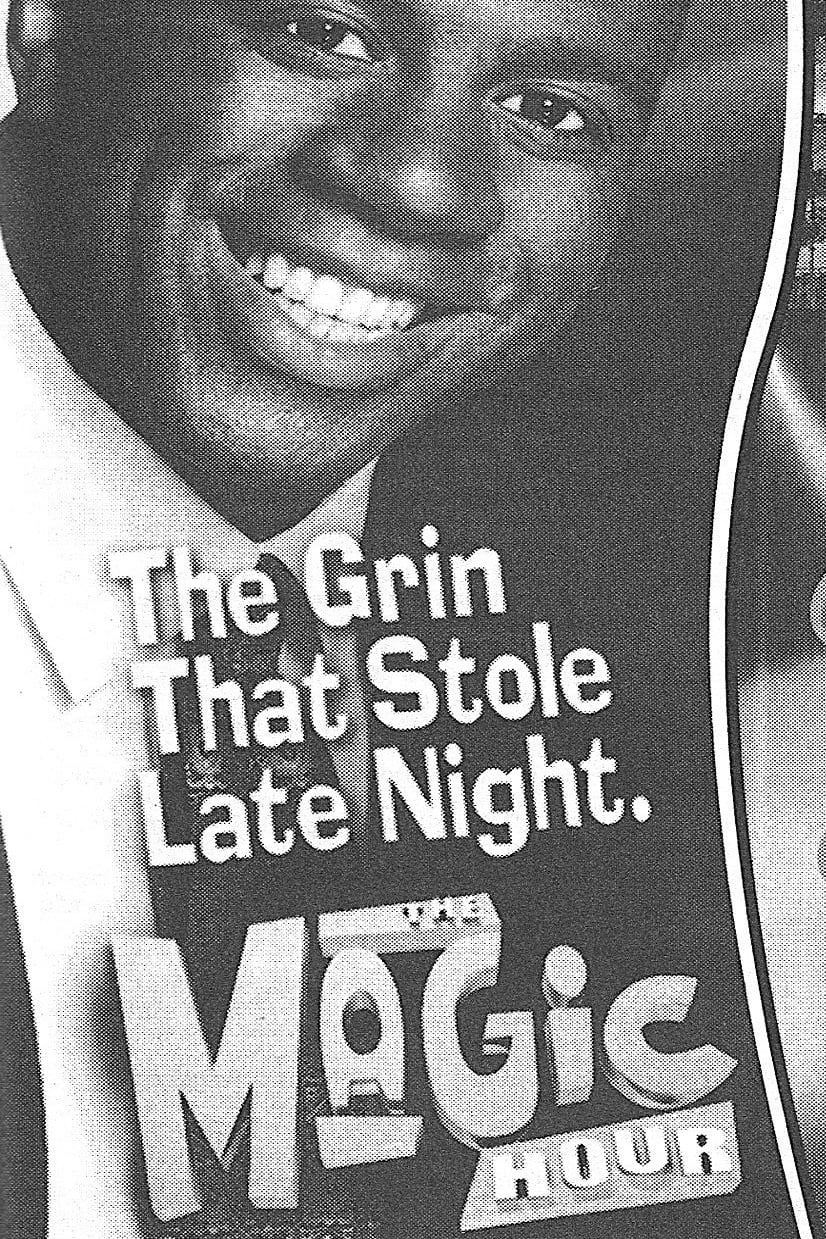
Titled “The Magic Hour,” hosted by Magic Johnson, initially aimed to revolutionize late-night TV with sports legends as guests. However, the show faced failure due to Johnson’s lack of hosting experience and awkward interview style. A particularly contentious episode featuring Howard Stern as a guest resulted in heavy criticism and embarrassment, as Stern made offensive comments during the broadcast.
After just three months on air, ‘The Magic Hour’ was terminated due to dismal viewership and unfavorable media coverage, serving as a lesson about incorrect casting choices. Later, Johnson confessed that talk shows were not his strong suit and returned to focusing on basketball and business endeavors.
The Megan Mullally Show (2006–2007)
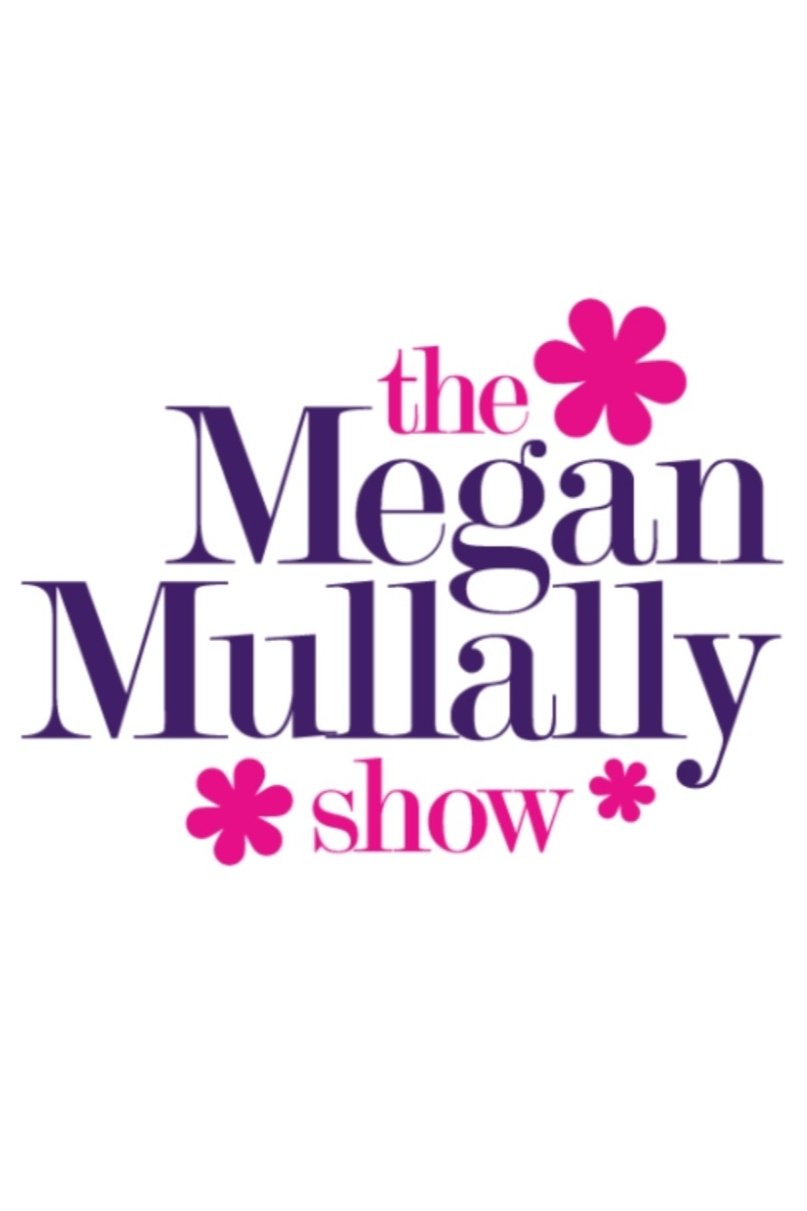
The show ‘The Megan Mullally Show’ relied heavily on the unique appeal of Megan Mullally from ‘Will & Grace’, however, its combination of comedy and celebrity discussions fell short in resonating with viewers. On occasion, Mullally’s touchy subjects, such as political jokes, didn’t sit well with daytime viewers who were hoping for lighter content.
The series only ran for a single season because it received poor viewership and the network was reluctant to support a show struggling to establish itself. Melora’s humor proved more effective in scripted parts rather than managing talk show disputes.
The Late Show with Stephen Colbert (2015–2025)
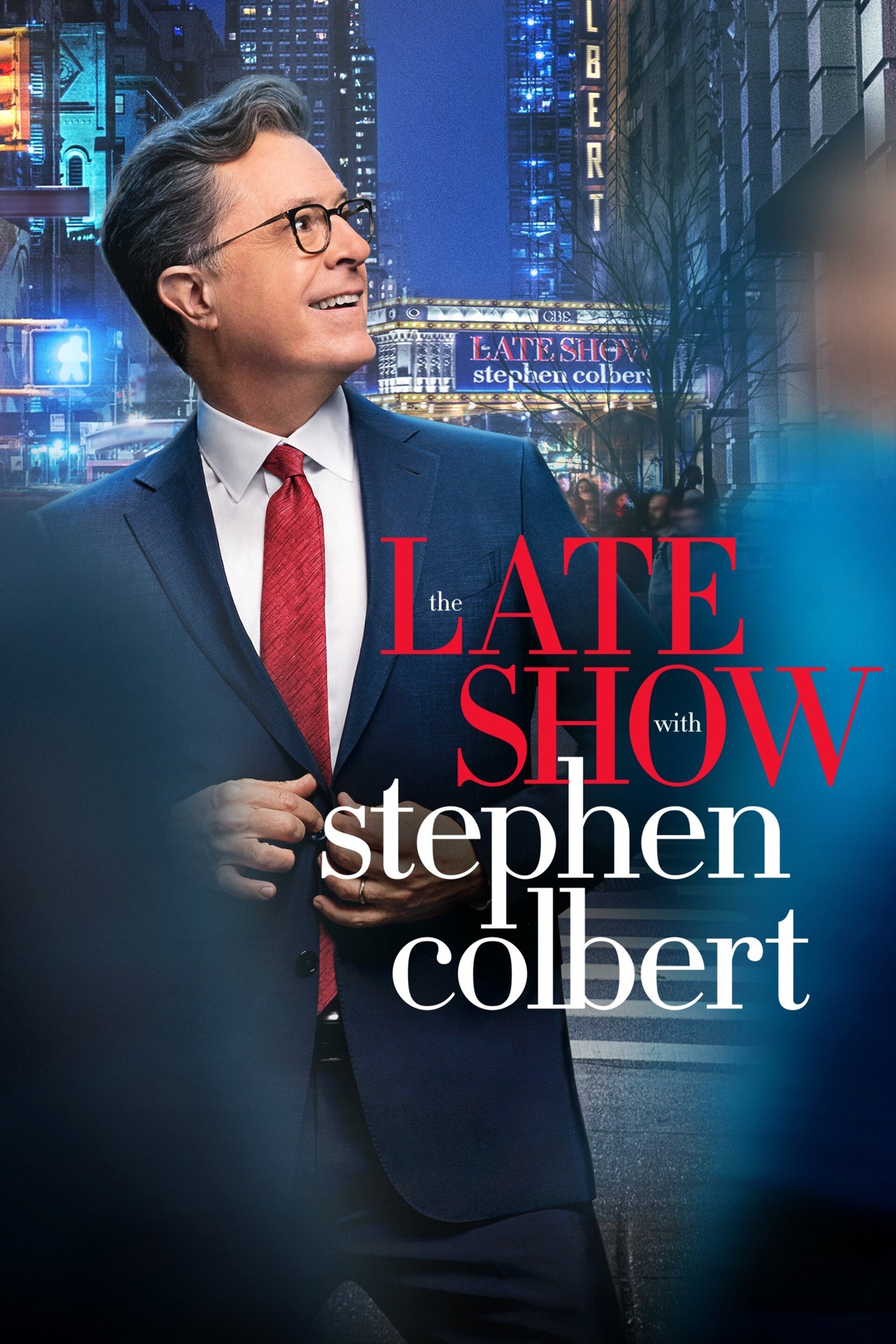
As a devoted movie-goer, I’ve always looked forward to ‘The Late Show with Stephen Colbert’. It was an essential part of the late-night lineup. However, its biting political satire, particularly aimed at Donald Trump, garnered criticisms of bias from conservative audiences. CBS claimed that financial factors led to its cancellation in 2025, but many viewers suspect that Stephen’s humorous attacks on Trump might have contributed to the show’s demise in such a divided atmosphere.
Initially, the program attracted high audience numbers, but later on, its viewership started to decrease as people seemed to tire of partisan-themed humor. Colbert’s departure symbolizes a wider movement among networks questioning the viability of politically-focused talk shows.
Read More
- 2025 Crypto Wallets: Secure, Smart, and Surprisingly Simple!
- Gold Rate Forecast
- Brown Dust 2 Mirror Wars (PvP) Tier List – July 2025
- HSR 3.7 story ending explained: What happened to the Chrysos Heirs?
- Gay Actors Who Are Notoriously Private About Their Lives
- ETH PREDICTION. ETH cryptocurrency
- Games That Faced Bans in Countries Over Political Themes
- Banks & Shadows: A 2026 Outlook
- 9 Video Games That Reshaped Our Moral Lens
- Uncovering Hidden Groups: A New Approach to Social Network Analysis
2025-08-06 23:21